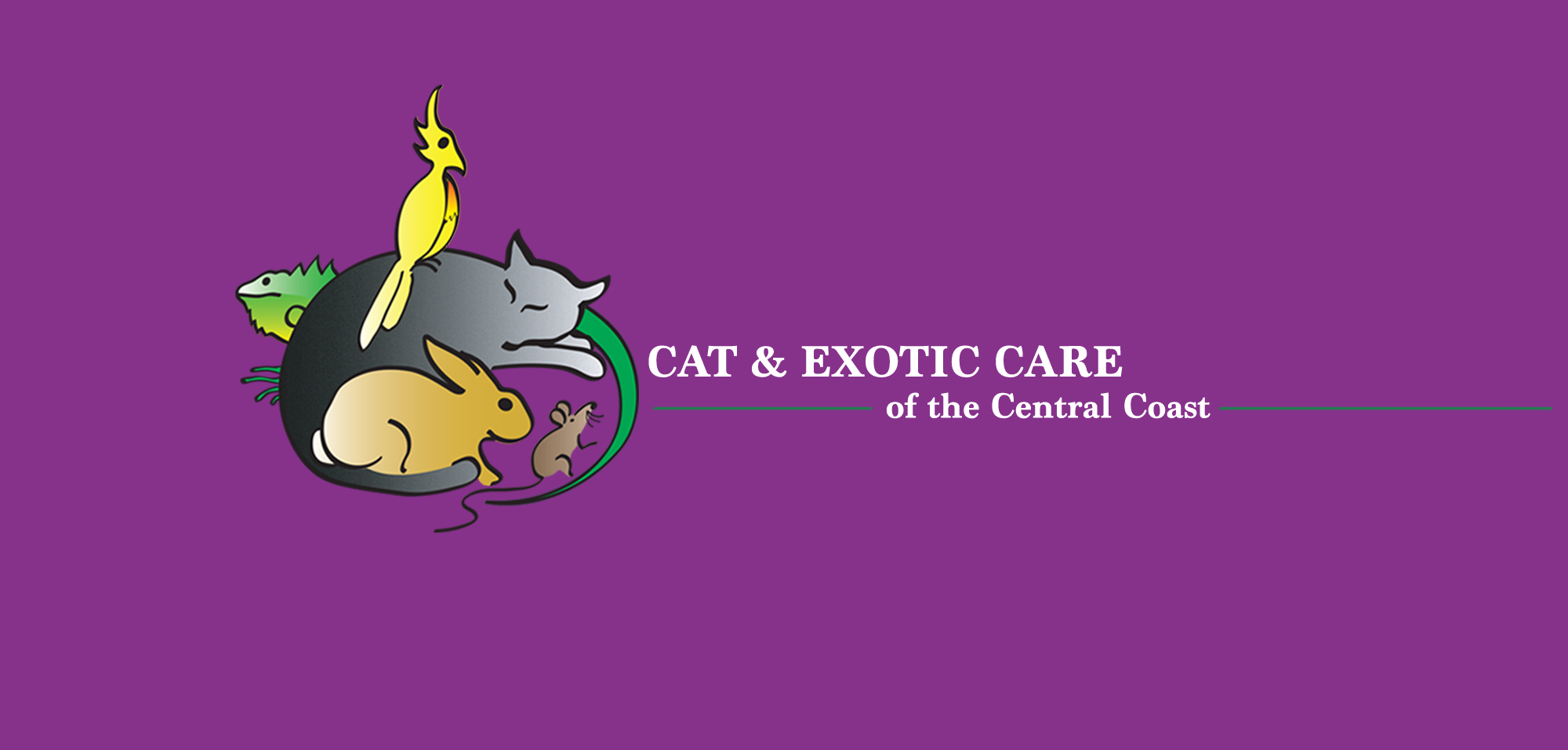QUESTION:
Will feeding my dog dry food help keep her teeth clean? My vet recommended a dental cleaning for my dog. Is there a cheaper natural alternative?
ANSWER:
I see clients on a daily basis who are surprised to learn that their pet has dental disease. “How could this be, doctor, my pet has always only eaten dry food?” Well, can you imagine your dentist telling you that if you only eat crunchy food you can stop coming in for dental check-ups and throw away your toothbrush? Sounds like a bad idea, right?!?
We know that plaque (the sticky biofilm that coats teeth between brushings) builds up in less than 24 hours and eventually leads to formation of a much harder barnacle-like substance called tarter. Tarter occurs above and below the gums. While crunchy food may actually dislodge some tarter that occurs above the gum-line, it is ineffective in removing the more damaging tarter that occurs under the gum-line. This tarter causes pocketing between the teeth and gums and leads to eventual tooth decay and root exposure. Like people, certain pets will have a predisposition toward dental disease while others will be genetically luckier. The only scientifically proven way to prevent and remove all of your pet’s plaque and tarter is to do the same as you would for yourself—brush the teeth twice a day and visit the dentist (in this case a veterinarian) annually for a professional cleaning. There are a lot of other pet products on the market that may slow the accumulation of dental tarter (enzyme impregnated chews, specially formulated dental kibbles and treats, oral rinses, and even water additives) but none will be as beneficial as brushing with a pet toothbrush and toothpaste.
Anesthesia is required in order for a pet dental cleaning to be done properly. Anesthesia is necessary so that the teeth can be scaled with an ultrasonic scaler both above and below the gum-line, polished to remove the invisible scratches that are made during the cleaning process, and fluoride treated. Currently there is a movement for non-veterinary licensed individuals to provide anesthesia-free dental options. I would advise against the temptation to pursue this option for the same reasons that the American Veterinary Dental Society warns against it, which include:
1. Patient motion prevents adequate view of all of the teeth.
2. Teeth or dental surfaces you cannot see will not be cleaned adequately.
3. Inadequate cleaning will allow plaque bacteria to cause periodontal disease.
4. Patient motion can cause oral injury during teeth scaling procedures.
5. Patient motion will not allow for dental radiographs to be taken adequately.
6. Patient motion may cause patient pain if periodontal probing is performed.
7. Inability to see may cause misdiagnosis or failure to diagnose any problems.
8. Dental calculus (tartar) may fall into the respiratory tract and cause severe disease or even death.
9. Owners may be led to believe their pet is healthy while severe disease may be present.
If you have a veterinary question that you would like to propose for an upcoming edition, please send it to email@catandexoticcare.com with “ask the vet” in the subject line.
Max Conn, DVM is the owner of Cat & Exotic Care of the CentralCoast, a full service veterinary hospital dedicated to the special needs of cats, birds, reptiles and small mammals. Cat & Exotic Care is located in PismoCoastPlaza, 565 Five Cities Drive, 805-773-0228. More information can be found at www.catandexoticcare.com.
Disclaimer: The informational handouts and website links above are for informational purposes only, they are not intended to replace veterinary care.
